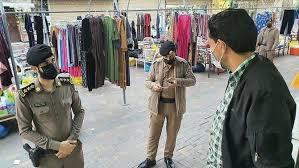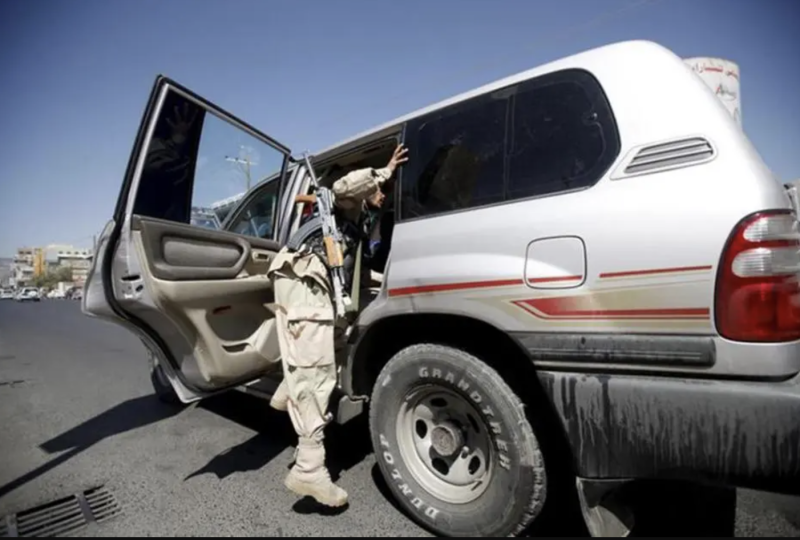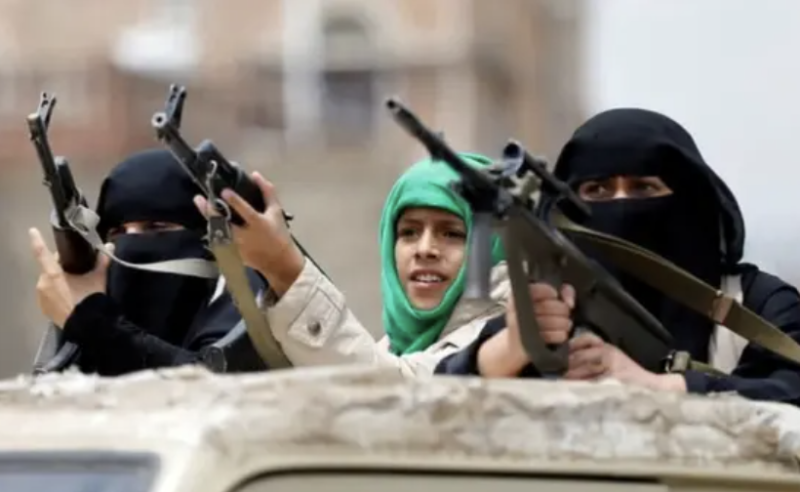Yemen's disabled people wish for normal life


Ammar Saleh, a 7-year-old Yemeni boy, hoped to walk again ten months after he lost his right leg during an airstrike when the world commemorates the International Day of Persons with Disabilities on Dec. 3.
He also lost his mother, two brothers, and three sisters when warplanes dropped bombs on his home in Yemen's mountainous northern province of Jwaf.
In a rehabilitation center in the Houthi-controlled Sanaa, doctors tried to help Ammar to walk on two again by installing a prosthetic limb for him.
Ali Muhammad, Ammar's uncle, who brought Ammar to the center, said that "a warplane bombed our village at two o'clock in the morning and killed three families. Ammar's family was one of them."
Ammar narrowly escaped death, but many of his family members were killed and his home was destroyed, said Muhammad.
"Ammar was injured by shrapnel on his hands and eyes, and lost his leg," the uncle added.
Six years of war in Yemen have killed more than 230,000 civilians and injured thousands of people, who need prosthetic limbs to assist their daily life.
With no end in sight, the war is likely to claim more victims. However, the country's collapsing health system cannot cope with the increasing demand for prosthetic limbs for people with permanent disabilities.
Mohammed Jayash, the head of the technical department in the center, said that as more and more disabled people come to the center every day, the center had to extend working hours to produce more prosthetic limbs for more disabled people.
"A technician used to make one or two prosthetic limbs every day, but now he has to make six or seven projects. In the physical therapy ward, a doctor has to take up to 15 patients every day," Jayash said.
The International Committee of Red Cross has supported the center by providing necessary raw materials. But the aiding program has almost run its course, the center hoped the international organization can continue its support in the next year.
A smile came back to Ammar's face after physicians and technicians helped the little boy with his new "leg."
Jayash, the chief technician, said that Ammar can expect a relative level of normalcy returning to his life after he goes through the proper training. But like all the other people in Yemen, he can only have a hopeful life when the protracted war finally ends.
The Houthis launched a large military campaign and seized the capital Sanaa in late 2014, forcing Yemen's President Abdu-Rabbu Mansour Hadi and his government into exile.
Saudi Arabia and other Arab countries intervened militarily and began pounding the Houthi-controlled Sanaa in March 2015 in response to an official request from Hadi to protect Yemen and roll back Iran's influence.

Sana'a — A Leader affiliated with Houthi militias Leader reportedly abducted two young girls tending sheep in a valley of Al-Ayoubi area, Qa&…

Aden -- Human Rights Watch (HRW) has issued a new report documenting a wave of arbitrary detentions carried out by Houthi authorities in Yemen in r…

Sana'a -- The Yemeni Network for Rights and Freedoms has revealed alarming figures documenting 1,654 violations committed by the Zainabiyat, the al…